Millions of Students With Home Internet Access Still Can’t Get Online
Edsurge
JULY 23, 2021
Though about 12 million students in this country still lack any internet access at all—a problem cast into relief during the pandemic—there is good news: That number is steadily shrinking. But there are many, many, many more kids who, if we’re just focused on ‘access,’ we’re ignoring.










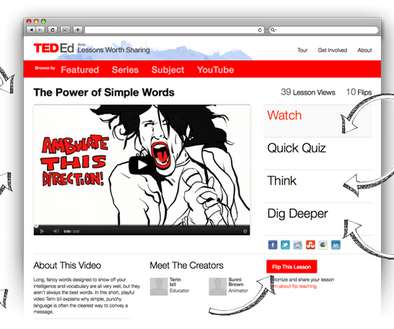











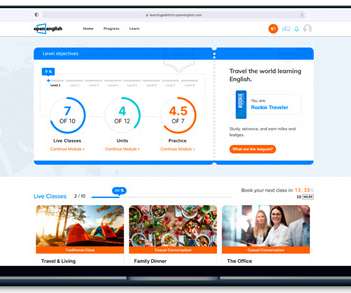
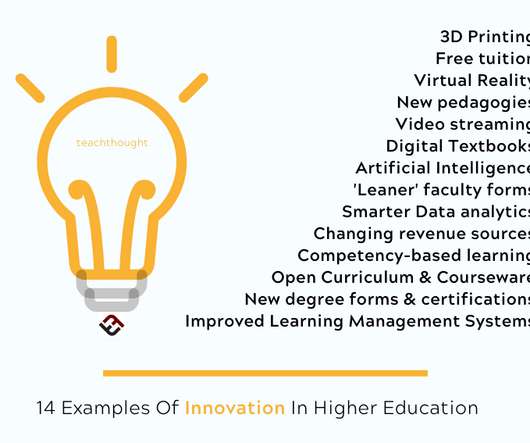








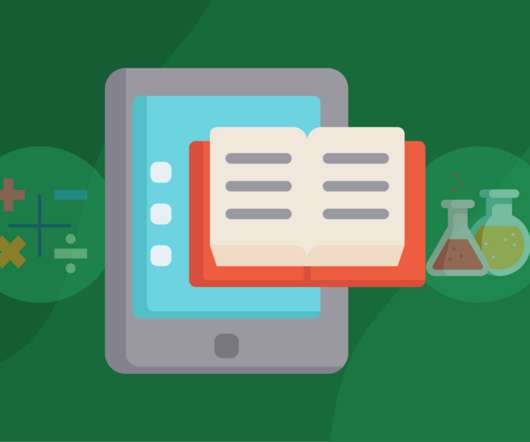
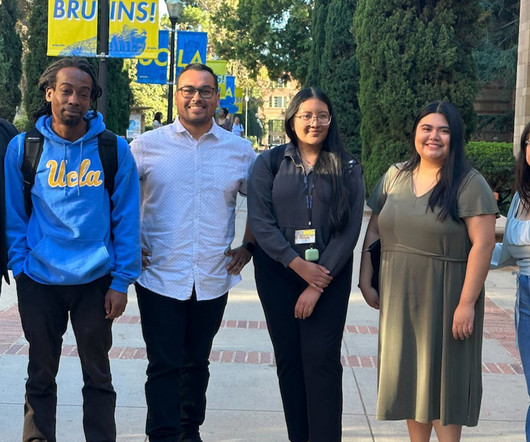












Let's personalize your content